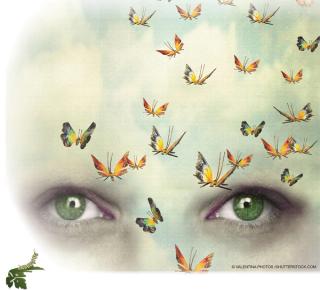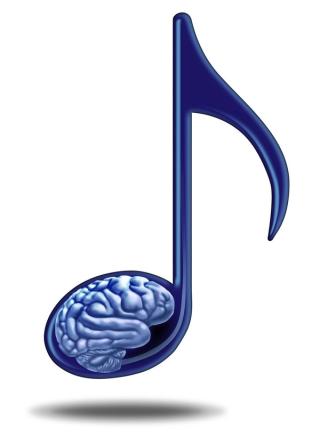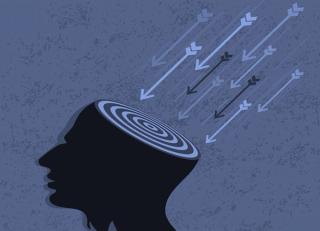
Major Depressive Disorder
Latest News
Latest Videos

CME Content
More News
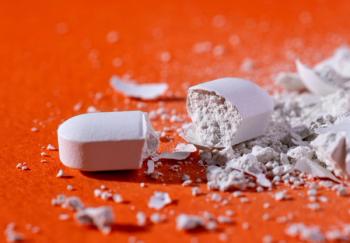
Since 2006, STAR*D stands out as an icon guiding treatment decisions of major depressive disorder. But what if it is broken?

From adjunctive cariprazine for the treatment of major depressive disorder to a new app for prescribing antidepressants and antipsychotics, here are highlights from the week in Psychiatric Times.
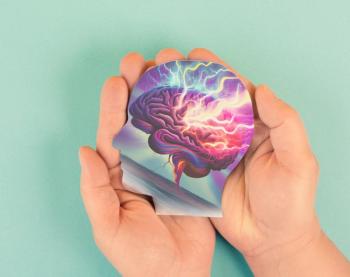
ECT: a gold-standard treatment for major depressive disorder. Ketamine/esketamine: a newer therapeutic option. This ACNP 2023 Annual Meeting session took a deeper look.

This ACNP 2023 Annual Meeting poster covered a 26-week study on cariprazine as an adjunctive treatment to antidepressants in patients with major depressive disorder.

Neurosteroid therapeutics could be the solution to provide fast-acting treatment for mothers with postpartum depression.
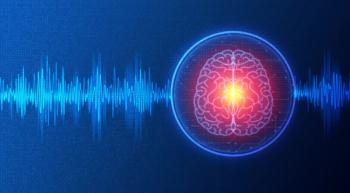
DBS in psychiatry: What challenges stand between this treatment and success? Alik Widge, MD, PhD, shares more at the ACNP 2023 Annual meeting.

Did you catch the President's Plenary at the ACNP 2023 Annual Meeting?
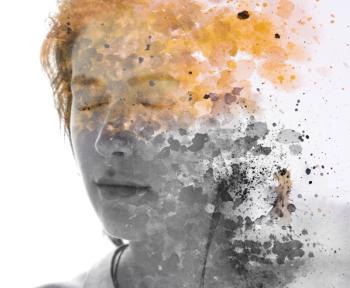
Navacaprant—a novel, oral, once-daily, highly selective kappa opioid receptor antagonist that is currently in phase 3 development as a monotherapy for major depressive disorder.

Clinicians discuss past treatment options compared to novel glutamate-modulating agents, highlighting their rapid onset of symptom relief.
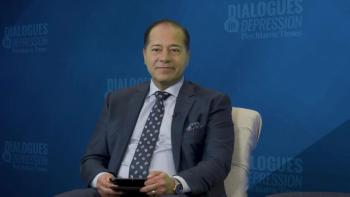
Experts discuss the significance of glutamate in major depressive disorder, highlighting its links to neuroplasticity and stress.


In this Special Report, let's re-evalute depression.

As many as 30% of your patients will experience treatment-resistant depression...

From sleep and neuroendocrine function following TBI to new phase 3 results from a clinical trial evaluating a promising new schizophrenia treatment, here are highlights from the week in Psychiatric Times.
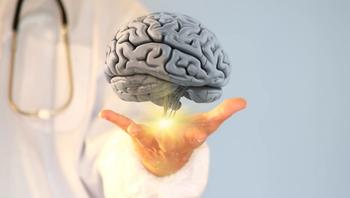
Gepirone, the first and only oral selective 5HT1a receptor agonist for the treatment of major depressive disorder in adults, is expected to arrive in early 2024.
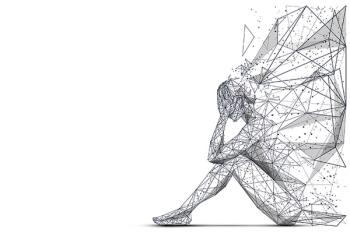
Researchers performed a head-to-head trial of vortioxetine versus desvenalfaxine in patients with depression and partial response to SSRIs.
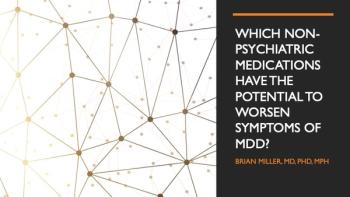
Researchers investigated associations between medications with potential depressive symptom adverse effects and the level of depressive symptoms in a large survey study. Here’s what they found.

Here are some updates from the world of psychiatry throughout the month of October.

What is new in research on TMS?
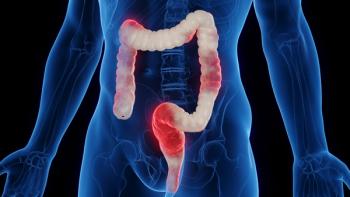
In this CME article, review literature on SRI-related bleeding complications in patients with GI bleeding, malignancy, perioperative settings, pregnancy, and hormonal therapy.
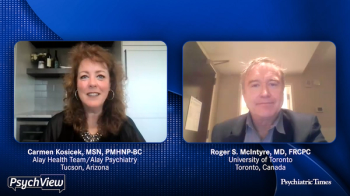
Roger S. McIntyre, MD, FRCPC, and Carmen Kosicek, MSN, PMHNP-BC, discuss the future of MDD treatment and share closing thoughts.

Carmen Kosicek, MSN, PMHNP-BC, shares tips with patients about the use of zuranolone to treat MDD.
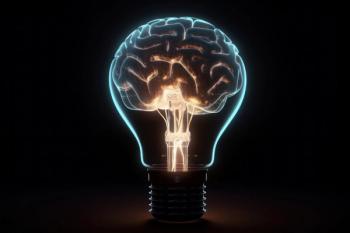
Due to ethical, knowledge, cost, and acceptability issues, deep brain stimulation is underutilized in disease states like treatment-resistant schizophrenia.

Experts in psychiatry review adverse effects of zuranolone, a γ-aminobutyric acid (GABA) receptor modulator, in the treatment of MDD.

Roger S. McIntyre, MD, FRCPC, comments on the paradigm shift of the frequency of dosing in the treatment of MDD, highlighting GABAergic modulating treatments, as well as the use of therapy to improve mental health.







